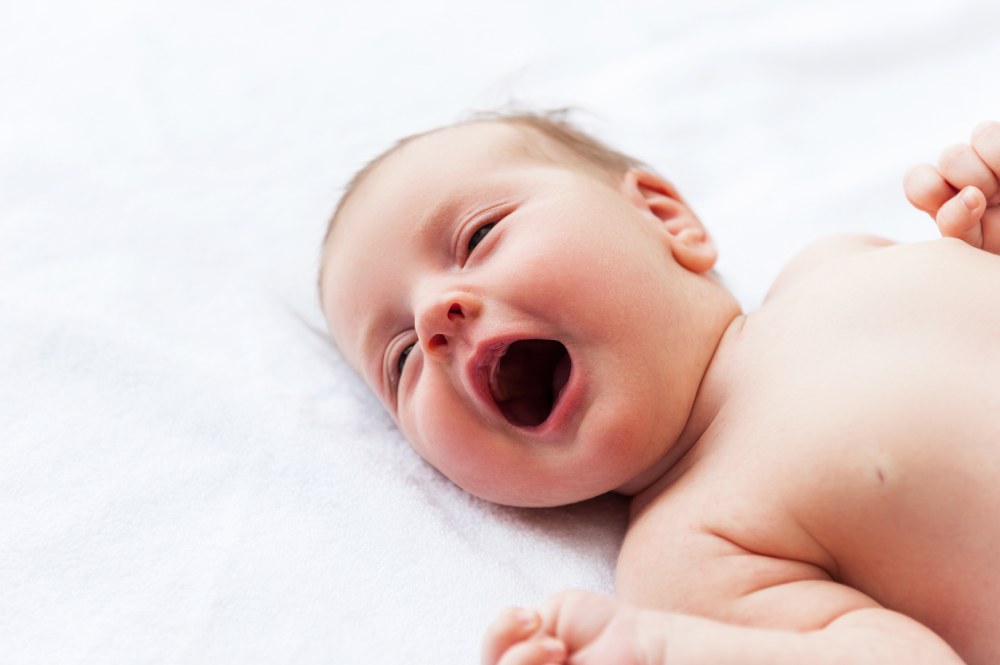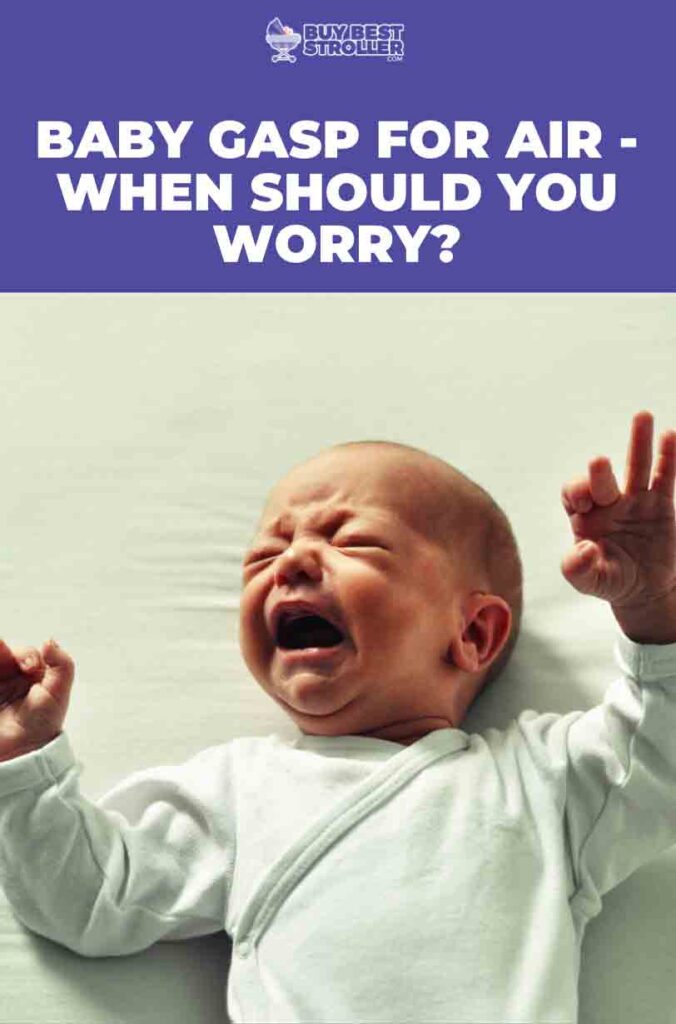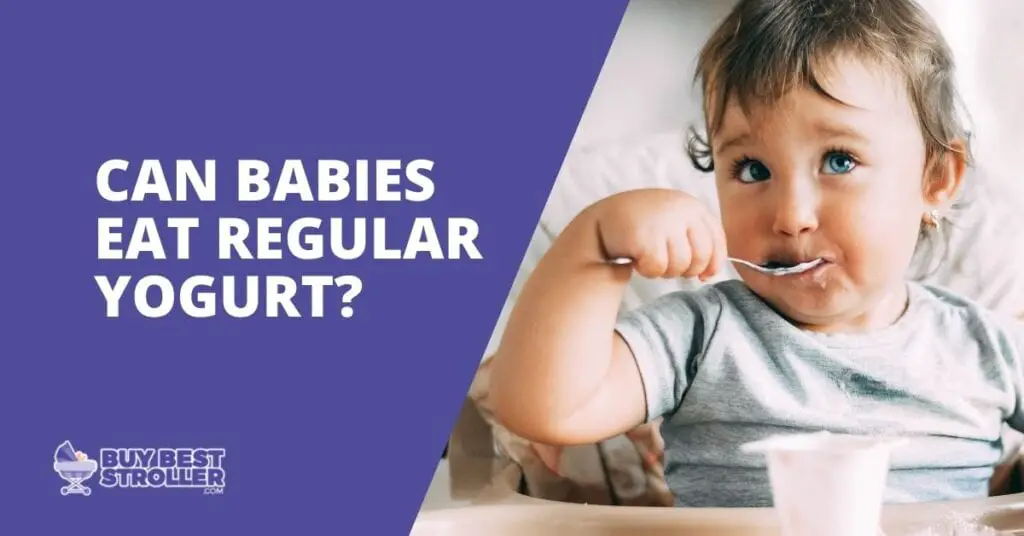In this blog post, we will discuss why baby gasps for air and what you can do to help them breathe better. You might have experienced
Do you ever see your little one making weird noises when they are breathing? And have you ever wondered if they are having trouble breathing? This may indicate your baby is gasping for air.
It is normal for babies to gasp for air when they are hungry or crying.
There are many possible reasons why a baby would gasp. Some possible causes include:
- A reaction to a sudden loud noise
- Startle reflex
- The reflexive response to a change in stimulation or environment, or a sign of distress.
If a baby is gasping frequently or appears to be in distress, it is important to talk to a doctor to rule out any underlying medical condition.
Baby Gasp For Air – When Should You Worry?
When you notice these symptoms in your baby, you must consult your doctor immediately.
- Your baby’s skin, especially his/her face, appears blue, indicating that it does not have enough oxygen.
- A wheezing or whistling sound occurs with gasping.
- If you think that the baby is gasping because a foreign body has lodged in his or her airway.
- You might notice symptoms of infection, such as fever, poor appetite, fatigue, or crankiness.
- Your baby starts gasping after eating food.
Why Does Baby Gasp For Air?
Sometimes babies gasp for air because they are not receiving enough oxygen. Usually, babies have something stuck down their throats, which is the most common cause of accidental death in babies.
Sometimes, a medical condition (such as upper respiratory infection, asthma) could also be the cause.
In addition to their immature respiratory systems, there are many conditions and circumstances that can cause your baby difficulty breathing.
7 Reasons Why Babies Gasp For Air
Here are some other reasons your baby might be gasping for air:
1. Preemies
Babies who are prematurely born commonly gasp for air. That’s because they are still developing their respiratory systems. First, you might notice gasping, then heavy breathing, then regular breathing.
This should settle down as your child grows. If your baby gasps for air and does not breathe after that, take him to the doctor immediately.
2. Upper respiratory infection
A respiratory tract infection occurs when the nose, sinuses, throat, airway, or lungs are infected. Babies can gasp for air when they have upper respiratory infections such as bronchitis or pneumonia.
Liquid might be accumulating inside the lungs or inflamed bronchial tubes. Take the baby to a doctor immediately if you suspect either one of these.
3. Asthma
The reason why your baby is gasping for air could be asthma. Asthma can cause labored breathing, panting, wheezing, persistent coughing, difficulty sucking, and fatigue, according to the Asthma and Allergy Foundation of America. When it comes to diagnosing asthma in babies, it is not always easy, but it seems more common in babies with recurrent bronchiolitis, a viral infection affecting the small airways.
You need to see your pediatrician for a diagnosis. Get medical attention immediately if the baby’s lips or fingertips turn blue.
4. Laryngomalacia
Laryngomalacia is the most common cause of infants’ noisy breathing. It occurs when vocal cords become floppy. You’ll hear squeaking, and you’ll see the neck tissue moving back and forth with every breath.
In 70% of infants, it resolves on its own by the age of one, and in 90% by the age of two. Although this usually resolves itself on its own, you should consult a doctor for confirmation and your own peace of mind.
5. Sleep apnea
Sleep-related breathing disorders cause this condition(Sleep apnea). Obstructive sleep apnea occurs when the air passages between the nose and lungs become narrow. When a baby is suffering from sleep apnea, he/she may pause for breaths, gasp for air, and have noisy breathing.
6. Dry air
Dry air may cause some babies to gasp. In such a case, the baby will be healthy and show no signs of disease or distress. You can prevent your baby from gasping from dry air by using a cold-mist humidifier in the baby’s room.
7. Whooping cough (Pertussis)
Whooping cough can cause babies to gasp for air when they fall asleep because it is a contagious bacterial infection. When the baby coughs after a pertussis infection, he or she will make a whooping sound.
A baby with the infection may also gasp for air. By using the vaccine for whooping cough, the risk of developing the infection can be reduced significantly.
Whenever your baby’s health starts to deteriorate, please contact your pediatrician immediately.
Is It Normal For A Baby To Gasp For Air?
Your baby can be gasping for air due to a couple of reasons. Some of these reasons are normal, while others are not. For example, if your baby is crying loudly she will gasp for air. This is normal.
Additionally, breathing problems that only occur occasionally are not as concerning. However, if the breathing problem persists, it might be a warning sign, and you should talk to your pediatrician to find out what the problem is.

How To Reduce Gasping In Babies?
If babies are suffering from an infection, knowing the cause of gasping may help reduce it. Here are some remedies that may help reduce and prevent gasping.
- You should feed the baby in the right position so that reflux will not occur. When the baby is fully fed, you should hold him or her for a few minutes. If your baby is bottle-fed, you can hold the bottle horizontally.
- You should vaccinate your infant as recommended by the pediatrician. There is no guarantee that vaccines will prevent all infecting diseases, but they may help prevent many respiratory disorders that lead to gasping.
- Always place a baby on his or her back when sleeping. It helps to reduce the risk of choking on any regurgitated milk. Additionally, it reduces the chances of sudden infant death syndrome (SIDS).
- You should clear their nostrils with saline drops to keep their airways open.
- When the air is dry, such as during winter, use a cool-mist humidifier. Babies can breathe easier when the air is moist.
- Keep your baby away from second-hand cigarette smoke and vehicles that emit smoke. You should keep your baby away from potential allergens if he or she has allergies or asthma.




